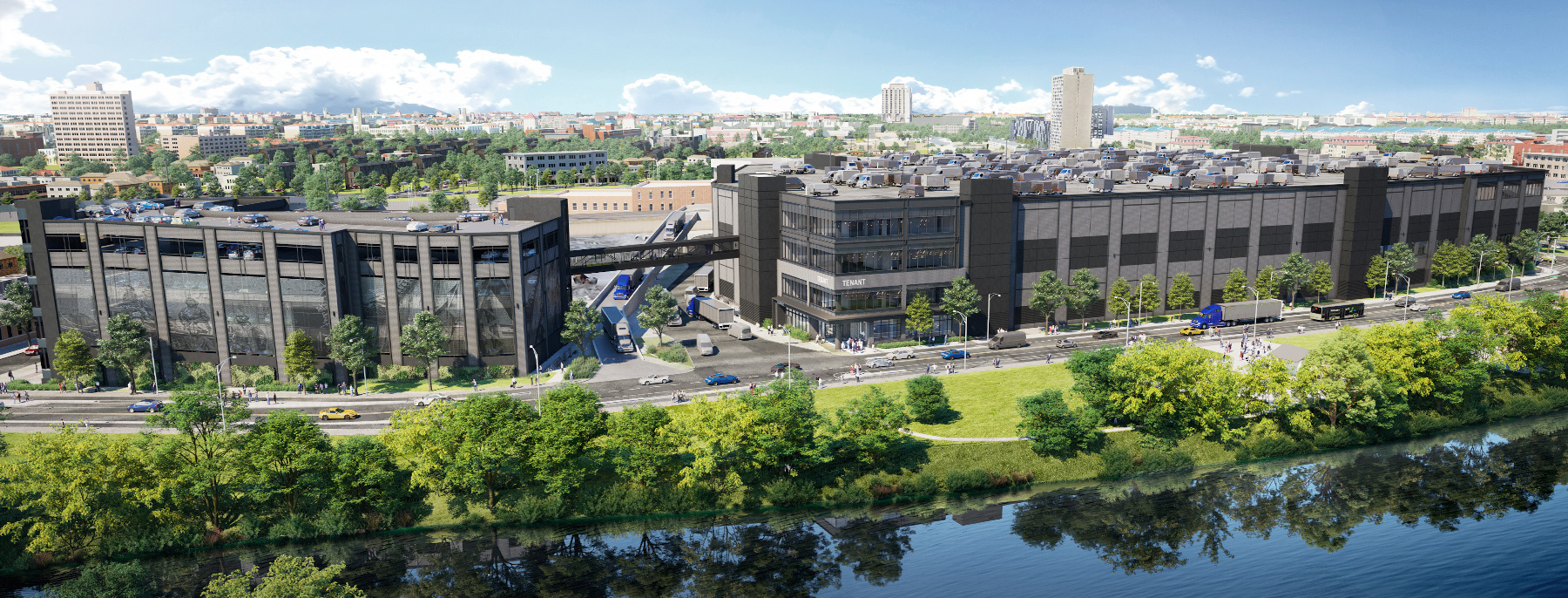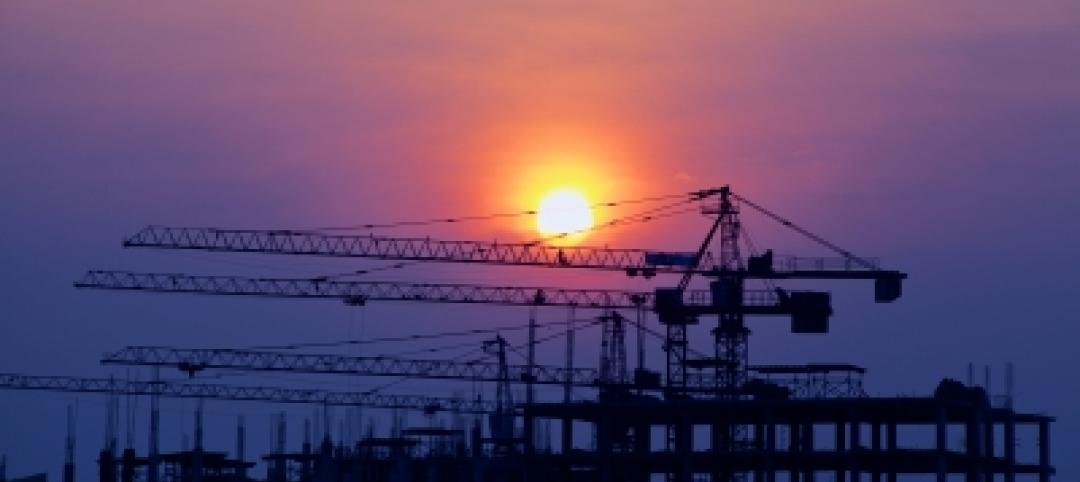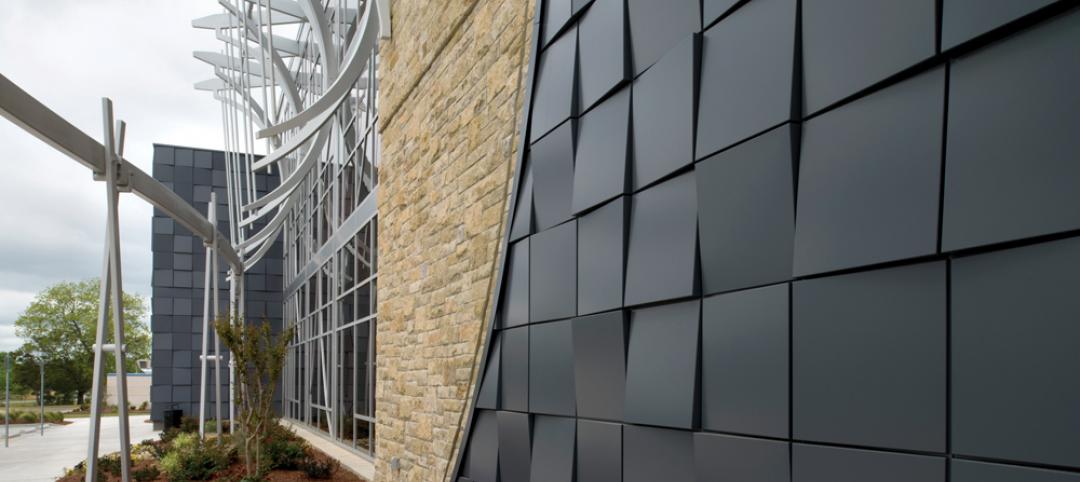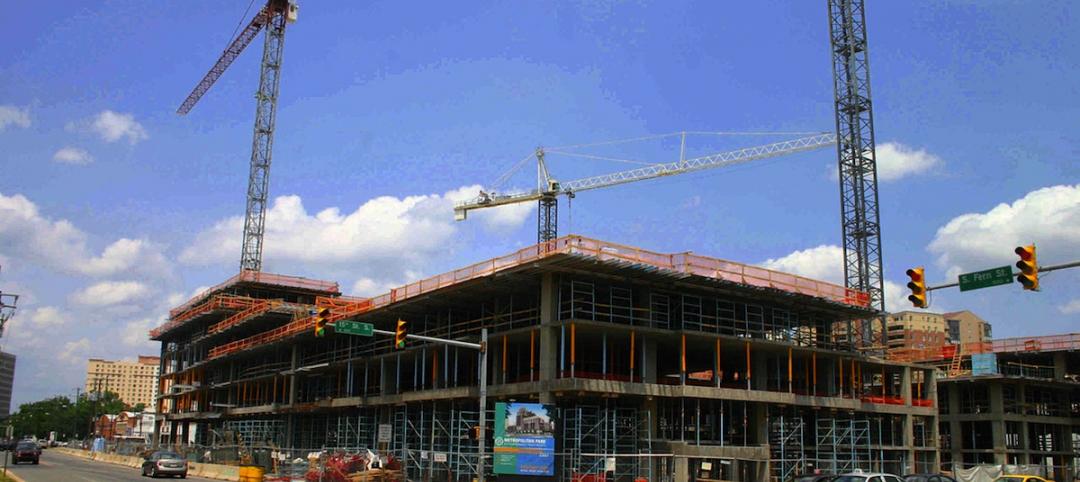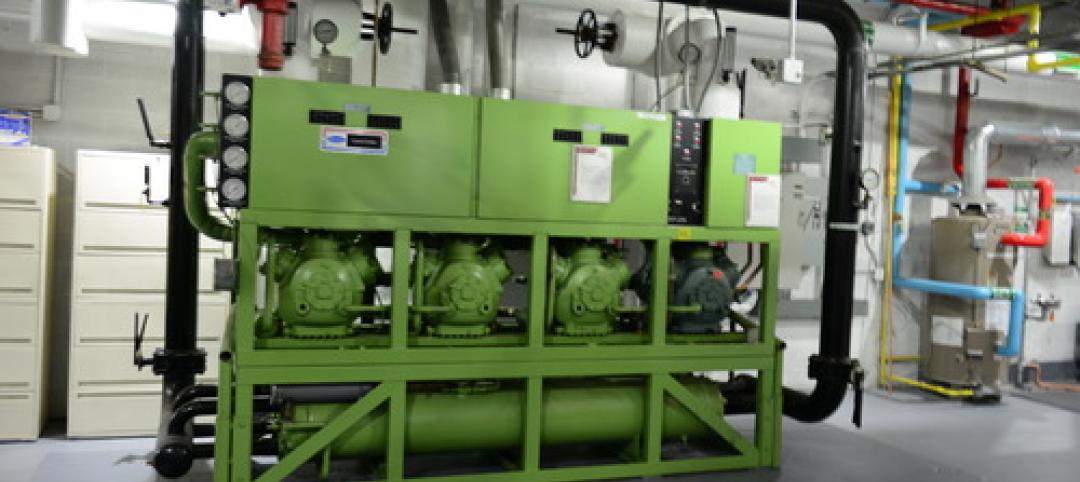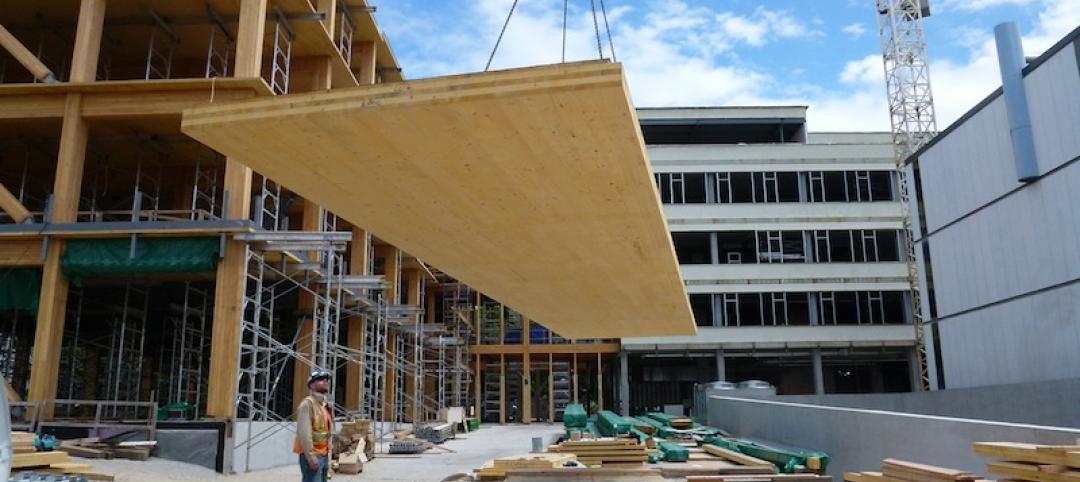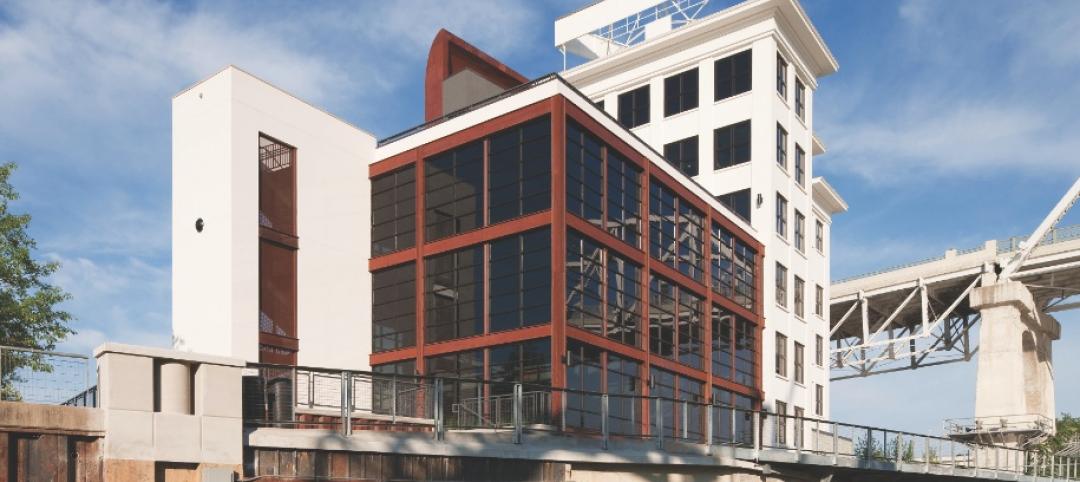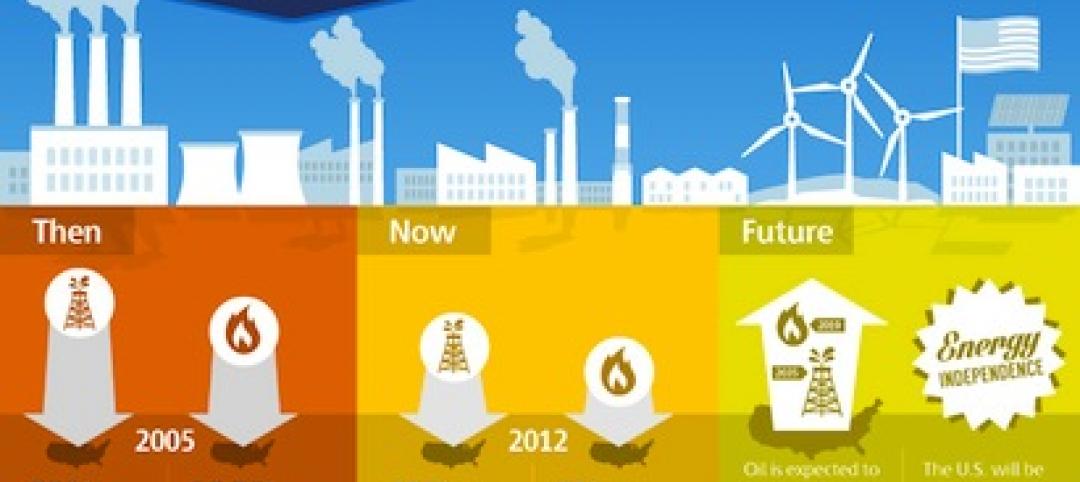For the past several years, Industrial has been one of the hottest sectors in commercial construction. Through August 31 of this year, there were 566.71 million square feet of industrial space for manufacturing and distribution under construction, according to CommercialEdge’s National Industrial Report for September 2023.
However, construction starts in this sector through August dropped to 204.3 million sf, from 614.2 million in 2022 and 586 million sf in 2021. Concerns about inflation, supply chain snags, and labor have made speculative development in this sector riskier. And as e-commerce has flattened, demand for logistics centers has “normalized,” according to CommercialEdge.

The Dallas-Fort Worth Metroplex led all metros with 51.89 million sf of industrial space under construction as of August 31, the equivalent of 5.8 percent of its total rentable stock. Phoenix had 51.31 million sf under construction, 14.1 percent of its total stock, including Airpark Logistics Center, a three-building 1.4 million-sf facility developed by Creation and designed by LGE Design|Build, which just opened in the suburb of Goodyear, Ariz. And in southern California, which has the largest logistics cluster in the nation, the Inland Empire had 31.81 million sf of industrial space under construction.
Most of the 21.2 million sf under construction in Houston were for logistics parks, estimates CommercialEdge.
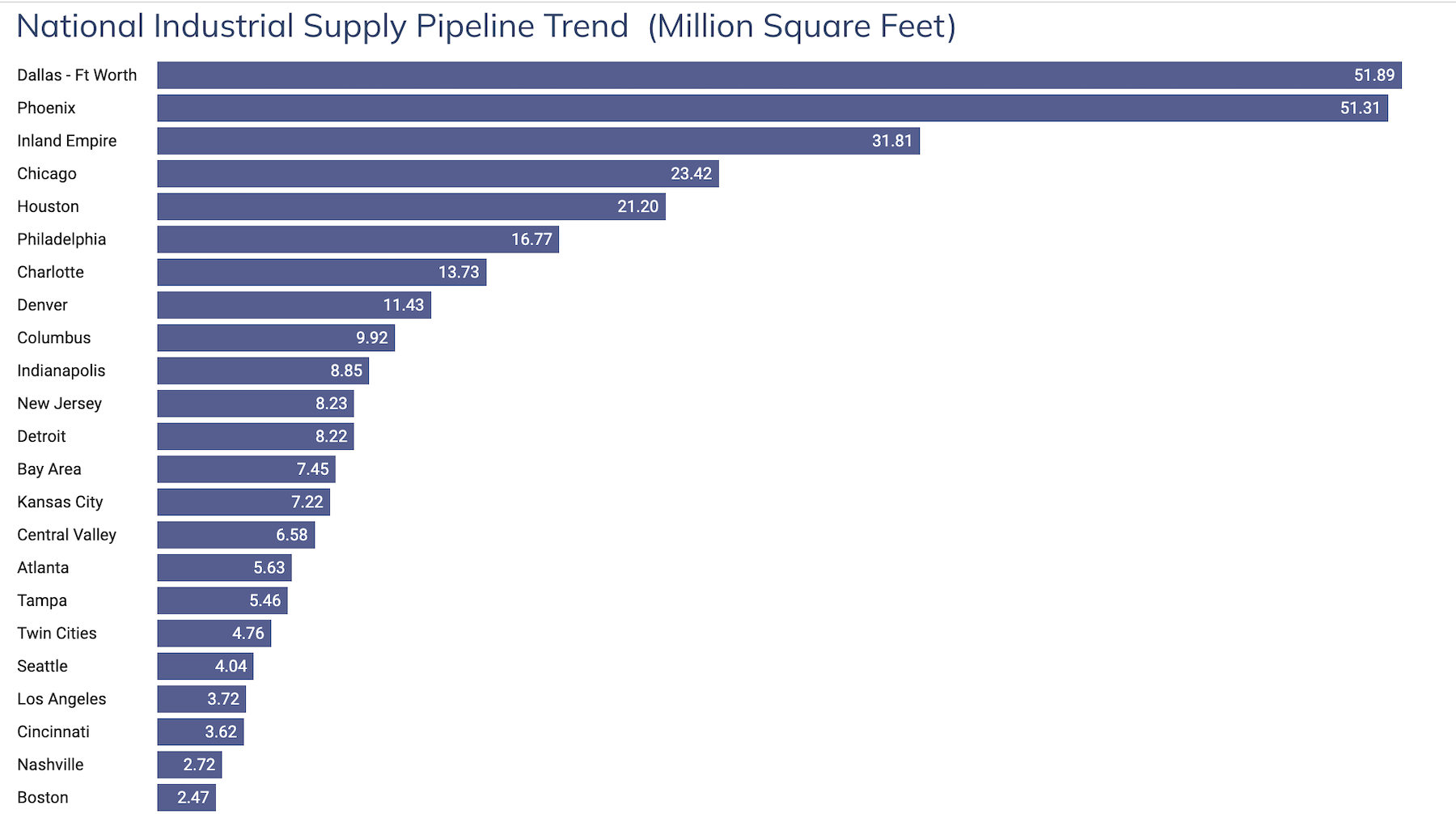
While construction activity is expected to dip slightly next year and then more steeply in 2025 and 2026, CommercialEdge is predicting rebounds in 2027 and 2028. And the current trend toward a “just in case” inventory strategy has meant that logistics centers are getting bigger to carry the extra goods.
More markets building multistory warehouses
Chicago, at 23.42 million sf, is among the top five markets for new industrial construction. One of the projects there is 1237 W. Division Street, the region’s first multistory logistics facility. The 1.2 million-sf building, which is scheduled for completion in the third quarter of 2024, is located downtown in Chicago’s Goose Island neighborhood. With a 36-ft clear height and 1,600 vehicle parking spaces, 1237 W. Division will serve more than $2 billion in ecommerce customers within a five-mile radius.
The Chicago facility is one of five case studies examined in JLL’s Fall 2023 report on Multistory Warehouses.
JLL’s report includes a history of urban logistics, which in New York City dates back to 1900. The report also notes how the U.S. has been a relative newcomer to multistory warehouse development, compared to land-constrained markets in Europe and Asia (the latter of which has some warehouses that are 22 floors).
Because vertical warehouses often provide development solutions under tight land conditions, automobile parking is a crucial component, says JLL. Typically, these facilities double as last-mile distribution and fulfillment centers. In New York, for example, projects either under construction or in the planning/proposal stage total 9.4 million sf of additional last-mile logistics space.
One of JLL’s case studies is the 385,000-sf Red Hook Logistics Center in Brooklyn, N.Y., which opens next year and, according to JLL, “combines multiple levels of ultramodern Class A functionality with immediate access to one of the country’s largest concentrations of consumers.” The building will have 19 dock-high doors, eight drive-in doors, and a 31-ft 4-inch clear height.
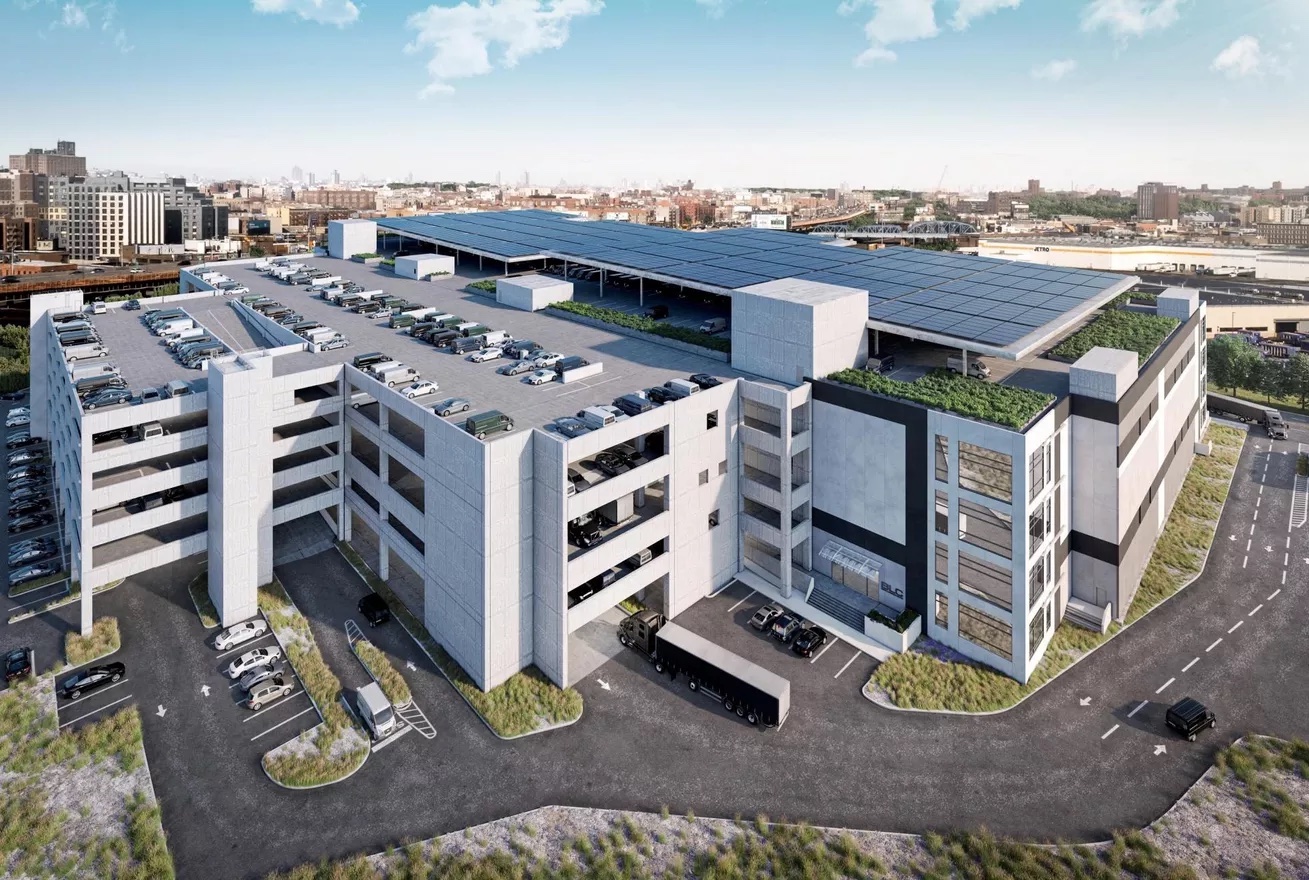
The 1.3 million-sf Bronx Logistics Center, which opened in the second quarter of this year, is the largest such facility in New York City, and the first on the East Coast built to earn LEED Platinum certification. The building has two warehouse floors, each 250,000 sf, accessed nearly 800 ft from one another through separate entrances. It has 48 loading docks, and the single-largest availability of parking in the market. Bronx Logistics is also distinguished by its rooftop greenery and solar array.
JLL states that while coastal cities, because of their population densities and costly land, have, until recently, been the primary markets for urban logistics development, they are now being joined by metros like Atlanta, Miami, Dallas, Houston, and Seattle (where, ironically, the first multistory warehouse in the U.S. was built. Called Georgetown Crossing, this three-story 590,000-sf facility opened in 2018).
Opportunities call for agile design
JLL’s report cites opportunities and challenges in the future of last-mile buildings. Developers must grapple with outdated zoning, NIMBYism, land availability and growing competition for that land from developers of assets like hotels and housing.
Developers and their AEC partners must be agile in their architectural and design considerations. Where should the loading docks be? Should the building include offices? How should the building’s roof be utilized?
Developers need to account for where warehouse employees and delivery trucks will park. And to what extent should new technologies, like electric bikes and scooters and EV chargers be incorporated into the building’s operational and delivery strategies?
JLL’s report advocates for human-centric design, and anticipates that acquisitions are likely to shape the industrial sector’s future.
Related Stories
| Dec 13, 2013
Safe and sound: 10 solutions for fire and life safety
From a dual fire-CO detector to an aspiration-sensing fire alarm, BD+C editors present a roundup of new fire and life safety products and technologies.
| Dec 10, 2013
16 great solutions for architects, engineers, and contractors
From a crowd-funded smart shovel to a why-didn’t-someone-do-this-sooner scheme for managing traffic in public restrooms, these ideas are noteworthy for creative problem-solving. Here are some of the most intriguing innovations the BD+C community has brought to our attention this year.
| Nov 27, 2013
Exclusive survey: Revenues increased at nearly half of AEC firms in 2013
Forty-six percent of the respondents to an exclusive BD+C survey of AEC professionals reported that revenues had increased this year compared to 2012, with another 24.2% saying cash flow had stayed the same.
| Nov 27, 2013
Wonder walls: 13 choices for the building envelope
BD+C editors present a roundup of the latest technologies and applications in exterior wall systems, from a tapered metal wall installation in Oklahoma to a textured precast concrete solution in North Carolina.
| Nov 26, 2013
Construction costs rise for 22nd straight month in November
Construction costs in North America rose for the 22nd consecutive month in November as labor costs continued to increase, amid growing industry concern over the tight availability of skilled workers.
| Nov 25, 2013
Building Teams need to help owners avoid 'operational stray'
"Operational stray" occurs when a building’s MEP systems don’t work the way they should. Even the most well-designed and constructed building can stray from perfection—and that can cost the owner a ton in unnecessary utility costs. But help is on the way.
| Nov 19, 2013
Top 10 green building products for 2014
Assa Abloy's power-over-ethernet access-control locks and Schüco's retrofit façade system are among the products to make BuildingGreen Inc.'s annual Top-10 Green Building Products list.
| Nov 15, 2013
Greenbuild 2013 Report - BD+C Exclusive
The BD+C editorial team brings you this special report on the latest green building trends across nine key market sectors.
| Nov 14, 2013
How increased domestic energy production affects the nation [Infographic]
In light of America's new energy resources and an increased emphasis on energy efficiency, Skanska examined the trends in U.S. energy production and consumption, as well as the benefits we may incur from increased domestic energy production.
| Nov 13, 2013
Installed capacity of geothermal heat pumps to grow by 150% by 2020, says study
The worldwide installed capacity of GHP systems will reach 127.4 gigawatts-thermal over the next seven years, growth of nearly 150%, according to a recent report from Navigant Research.


